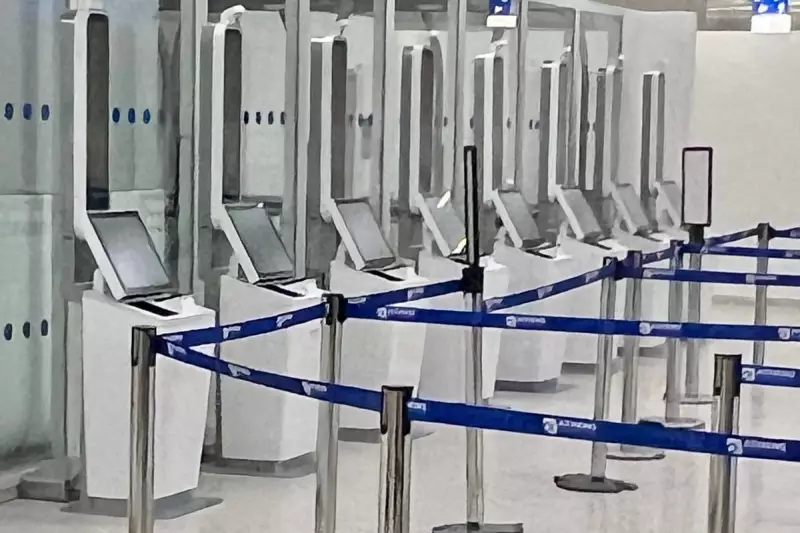
British holidaymakers are being warned to brace for unprecedented airport chaos this summer as the European Union prepares to roll out its new biometric border control system. The highly anticipated Entry/Exit System (EES) is set to create massive queues and significant delays for UK travellers entering EU countries.
The automated IT system, designed to register non-EU visitors, will require British passport holders to provide fingerprints and facial scans upon first entry into the bloc. This additional layer of bureaucracy, a direct consequence of Brexit, threatens to bring airport terminals to a standstill during the peak travel season.
What Travellers Can Expect
Industry experts predict nightmarish scenarios at popular destinations frequented by British tourists. Travellers could face:
- Queue times extending up to 14 hours at major entry points
- Additional processing time of two to three minutes per passenger
- Potential missed flights and connection disruptions
- Increased pressure on already strained airport infrastructure
Why This System Is Being Implemented
The EES represents the most significant change to EU border management in decades. Its primary purpose is to:
- Automatically record entries and exits of non-EU nationals
- Strengthen security across the Schengen area
- Replace manual passport stamping with digital tracking
- Identify travellers who overstay their visa allowances
While the system aims to enhance security, its implementation timing during peak travel season has raised serious concerns among aviation authorities and travel industry leaders.
The Looming Summer Crisis
With the system expected to go live in autumn 2024, precisely when summer travel winds down, there are fears that any technical teething problems could spill over into the following year's holiday season. Airport operators across Europe are scrambling to prepare for the new requirements, but many question whether infrastructure upgrades can be completed in time.
The message to British travellers is clear: prepare for significant disruptions, allow extra time for airport processing, and consider alternative travel arrangements where possible. The golden era of seamless European travel for UK citizens appears to be firmly in the rearview mirror.




